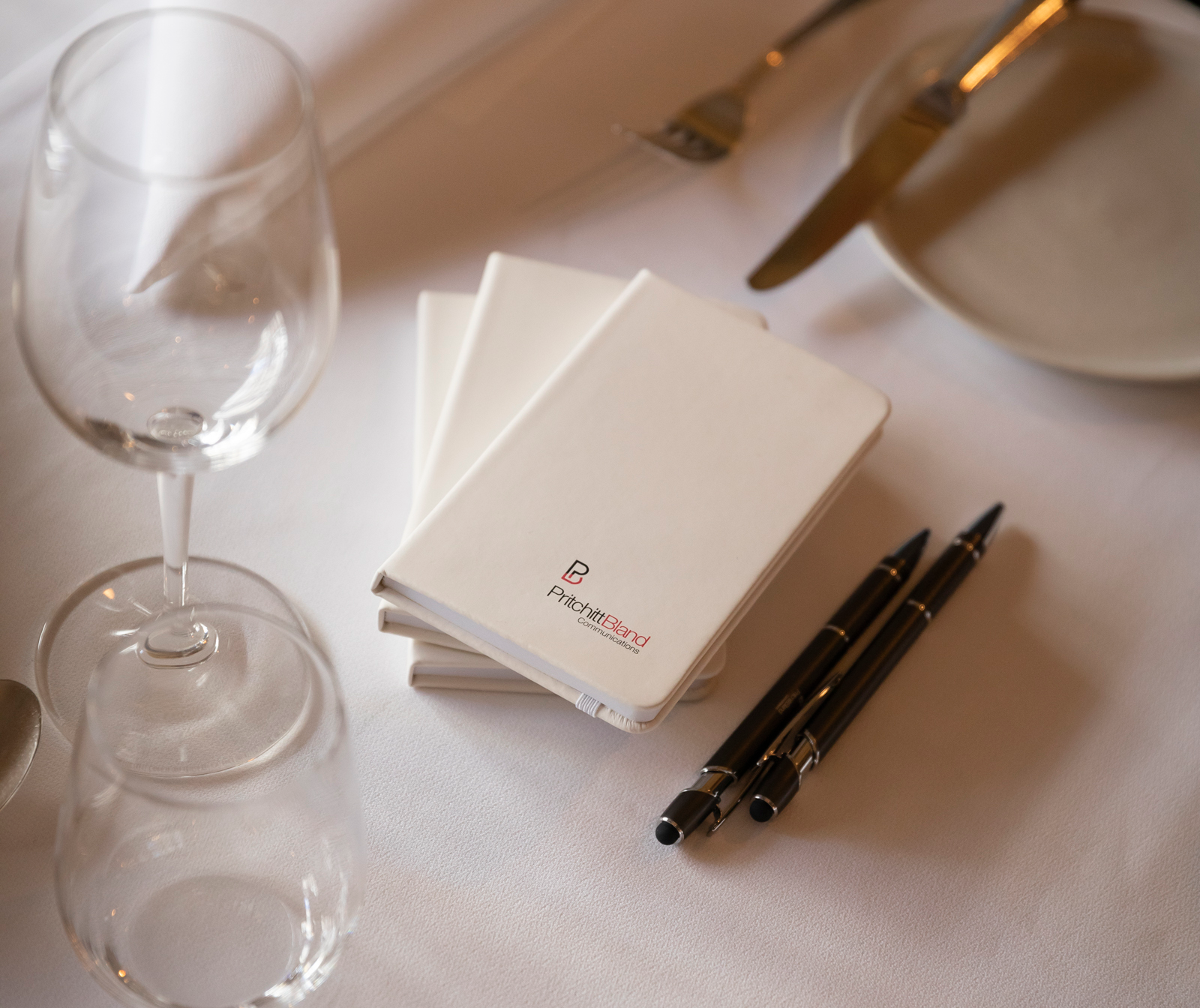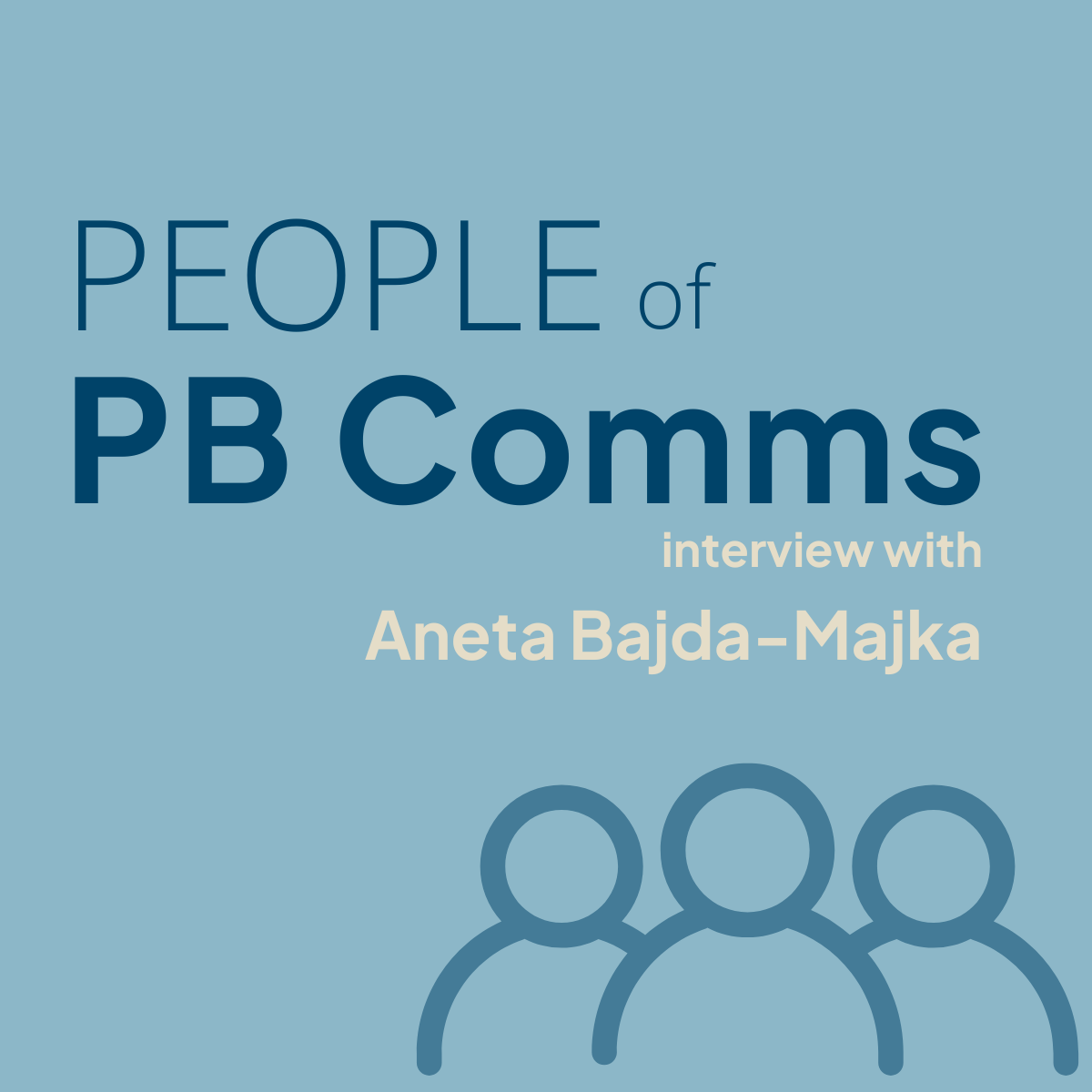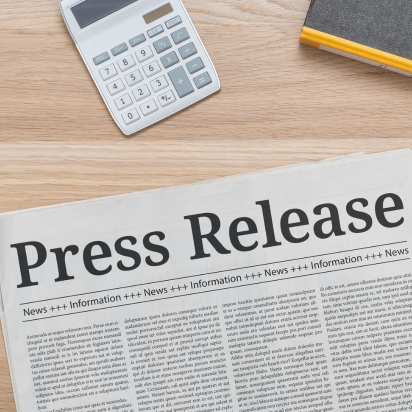Meeting and being interviewed by journalists, whether that is face to face or over the phone, is a key element of public relations programs for financial services companies. The basic skills needed to make the most of media interviews are easy to learn and apply. Getting clients to understand them is one of the most valuable contributions a good PR consultant can make.
However one challenge is that sometimes executives think they know better than their PR consultant, and consequently fail to get the full benefit of an interview - and sometimes even turn them into a personal disaster.
It’s not just a question of media training, although this can be of immense help for most executives. A major difference can be made by PR consultants in setting up interviews and developing approaches, especially if they are specialists in your industry or profession and know the issues. The caveat is that they need to have good relations with the journalist and that the journalist recognises their professionalism and trusts them. Otherwise, they might hinder rather than help.
Here are our tips on how to get the most out of interviews with journalists:
Understand the purpose of the interview
Know what the journalist is there for. If the interview is at the request of the journalist, why was it sought? If it is the result of a pitch by a PR consultant, what was promised? What was the hook? This is where a good brief comes in handy, to give you an idea of what the purpose of the meeting is, and also get a sense of the topics the journalist has recently been covering.
Don’t feel tempted to “make it worth the journalist’s while to be there”. There’s no pressure or responsibility to ensure the journalist gets a story, as long as you haven’t over-promised to get the interview.Journalists are there because they are interested in what you have to say. It’s their responsibility to get a story if that’s what they are after.
Keep it interesting
Engage with the journalist and find out about what interests them and their audience – i.e. don’t stick to what interests you and what makes you and your organisation look good.
A two-way conversation is so much better than a one-way monologue, and encouraging the journalist to get involved in the conversation will reflects well on you. It’s meant to be a discussion not a lecture.
Make use of the KISS principal in what you say
Keep your answers to a journalist’s question brief. Try not to ramble on, and keep your responses to no more than two or three minutes.
It’s also important to not try and “fill the gap”. If you’ve answered the question and made your point, sit back. Journalists are good at using silence to get people to keep talking and say more than they should.
What to talk about?
Talk issues not products. This is what journalists (and most other people) are interested in. Avoid self-promotion or product pushing; for instance, making claims that your product is the most advanced on the market, especially if such hyperbole can’t be backed-up. It’s always more persuasive to wait for the journalist to ask the question.
Before a meeting make sure you know what you can talk about publicly. Create a list of topics and try to stick to those. In particular, don’t talk about other people’s area of responsibility and don’t talk about things yet to be announced (don’t scoop yourselves, or even worse, scoop the CEO). There’s often a temptation to try to impress the journalist with inside knowledge to get more out of the interview, but this isn’t necessary.
Don’t express a new view about an issue that’s just occurred to you. If you suddenly get a good idea during an interview, it’s usually best to keep those flashes of inspiration to yourself. Coming out with something you haven’t had time to properly consider is what embarrassing or damaging headlines are made of. Your PR adviser can always contact the journalist on your behalf afterwards to add a positive afterthought.
A top-of-the-head answer
Avoid these top-of-the-head answers that later need to be corrected. One of the hardest things for an executive to say is “I don’t know”,but it’s much better than grabbing figures out of thin air then needing to correct them later. That’s embarrassing. If you don’t know, simply promise you’ll find out and send them further information after the meeting.
Talking about your industry peers and competitors
Avoid referring to recent media coverage, especially quoting other commentators. Journalists want to see you are an authority, not other people.
Another no-no is running down other people or organisations.This will reflect badly on you and your organisation, and leave a bad taste in the journalists mouth. Stick to discussing your ideas and thoughts.
Wrapping up the interview without regrets
A few things to keep in mind when wrapping up the conversation with a journalist is to keep your promise, don’t thank them for their support and if you said something you regret, get in touch with your PR consultant immediately.
If during the conversation you made a promise to follow up or send further information, then keep that promise. Not doing this can damage future relations with the journalist as you will seem unreliable.
Avoid asking for or thanking journalists for their support.Comments like “this would be as good story for you” or “we look forward to the publicity”; etc should never be made to journalists. It sounds naïve.
And lastly, if you said something that you regret afterwards, don’t keep it to yourself or contact the journalist without first discussing with your PR consultant to work out the best approach. Remember that if you don’t want to see it in the news feed tomorrow, don’t say it.



















